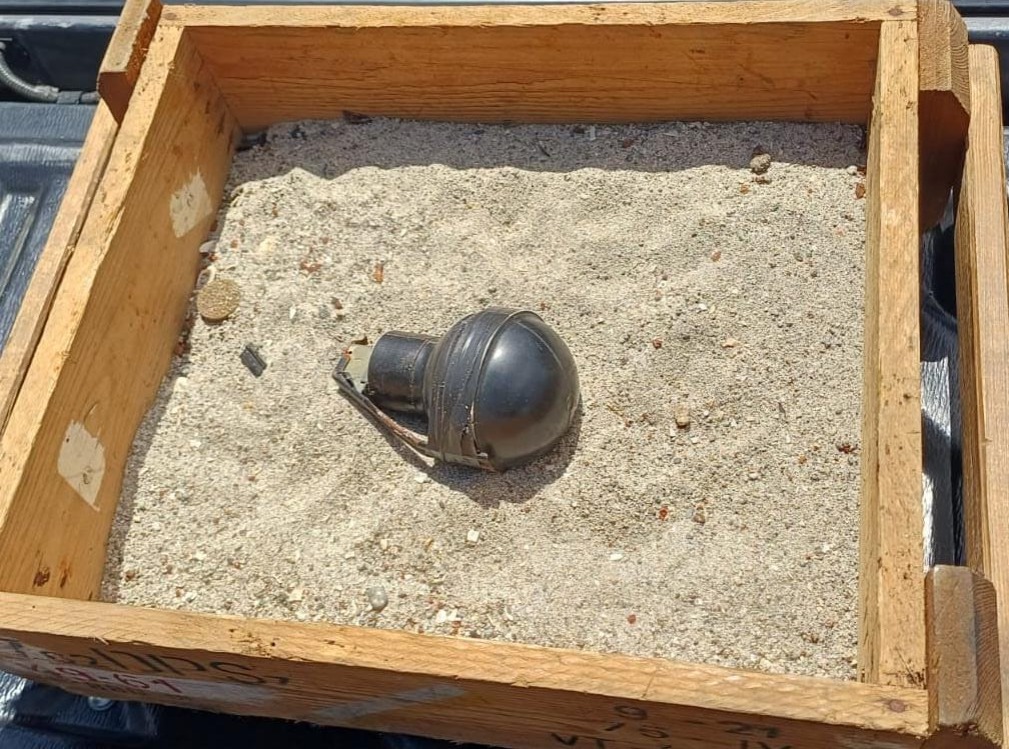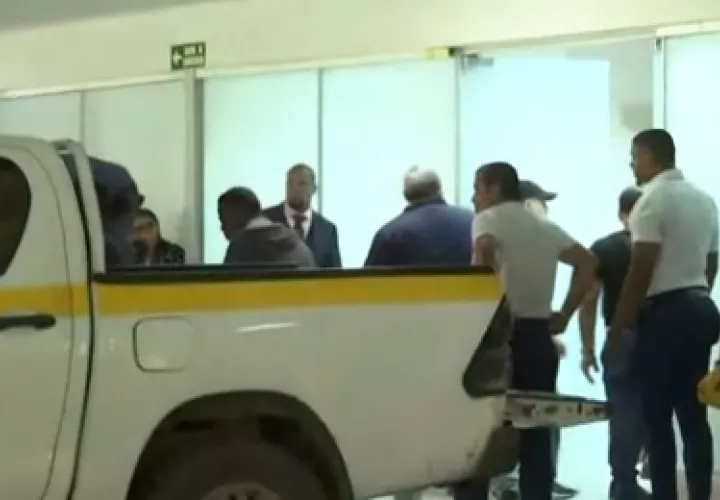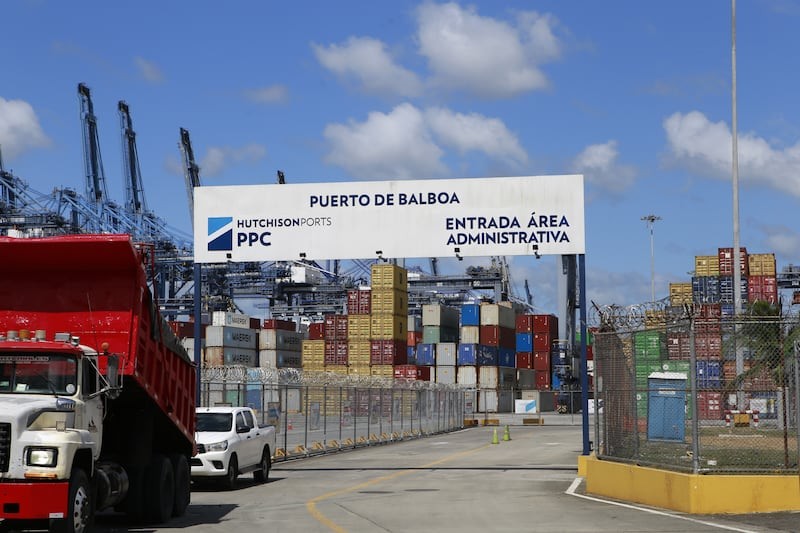Twitter catchwords and voodoo science hold court

By Stephen Cooper
IN JANUARY 2016, bemoaning that “the more people talk about improving the use of forensic science in the courtroom, the more things stay the same,” I blogged in bold in The Huffington Post: “Not nearly enough steps have been taken (in the District of Columbia, or I respectfully submit, across the country) to address the reliability problems that continue to plague forensic science in the courtroom – problems identified way back in 2009.”
I opined: “Lawmakers, prosecutors, defense attorneys and forensic scientists, collaboratively working together to implement the reforms the [National Academy of Sciences] recommended, have to be the beacon of change.”
Eight months later, after then-Attorney General Loretta Lynch rejected a bevy of responsible reforms recommended by the President’s Council of Advisors on Science and Technology (PCAST), I argued in an oped published by The Hill and several other news outlets: “Compassionate Americans concerned about the plight of wrongfully convicted citizens – folks who want our criminal justice system to operate fairly and accurately – should be outraged by the Department of Justice’s pigheaded rejection of fundamental, far-reaching forensic science evidence reform.”
Instead of “beacons of change,” I observed that “prosecutors remain obstinately mired in the unscientific and error-prone past. Their stubborn unwillingness to improve our justice system by repetitively refusing to adopt recommended scientific reforms will result in additional murky criminal convictions marred by faulty forensic evidence.”
Shell shock
Like many, still shell-shocked Americans, I never fathomed back then that Trump might actually become President, and that everything – and I do mean everything – including the reliability of forensic science evidence in the courtroom, was, and is, about to get worse.
You see, under Trump and his frenemy Sessions, instead of criminal justice stakeholders “working collaboratively” to implement sensible, long overdue reforms, reforms put forth by the brightest scientists, judges, and lawyers in the country – including developing standards for validating forensic methods, training forensic examiners, and making labs independent of police and prosecutors – an August 7th Wall Street Journal headline blared, “Jeff Sessions Scuttles Forensics Partnership With Scientists.”
Unconscionably putting gamesmanship in criminal litigation ahead of the uncontroversial and moral principle all good people can agree on – we don’t want innocent people to be convicted and locked up (much less, put to death) in this country – the same Wall Street Journal piece notes that “[p]rosecutors notched a victory…over academics and defense attorneys in the long-running debate about what qualifies as sound crime-scene evidence versus ‘junk science’ used to wrongly convict defendants.”
No different than hungry children left alone with a whopping plate of cookies, or, greedy corporate raiders tasked with self-regulating excessive avarice, “[g]uidelines for the use of forensic evidence in court, previously developed by a partnership between the Justice Department and a panel of scientists, will now be spearheaded by a former state prosecutor who reports to the department’s top leadership.”
What will be the predictable result of this cynical, unjust, overly cozy, and faux regulatory regime? Forensic science evidence, which reputable judges (see conservative Ninth Circuit Court of Appeals Judge Alex Kozinski’s “Rejecting Voodoo Science in the Courtroom”), lawyers, and experts across all scientific disciplines, have long agreed needs overhauling, is about to become even less reliable. What will remain unchanged? Innocent people will continue to suffer the consequences. Just more of them. Borrowing from our uber-ineloquent Commander-in-Chief’s cache of favored Twitter-catchwords: Sad!
Cooper is a former D.C. public defender who worked as an assistant federal public defender in Alabama between 2012 and 2015. He writes full-time and lives in Woodland Hills, California. Follow him on Twitter at @SteveCooperEsq





